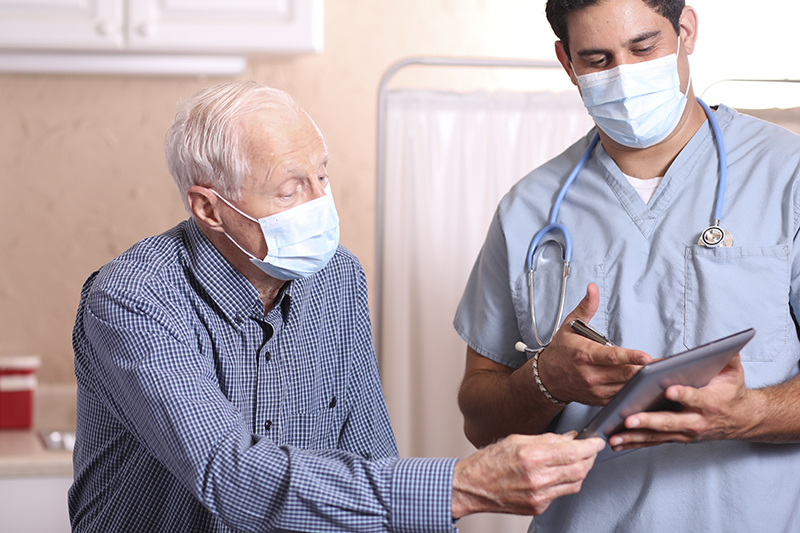Elective Medical Treatments: Are They Safe During the Pandemic for Seniors?

The COVID-19 pandemic put the world on pause, including, among various other activities, medical appointments and elective medical procedures. As a matter of fact, nearly half of all adults either canceled or delayed routine medical care and elective treatments since the coronavirus crisis began, leading medical professionals to grow concerned about the consequences.
While we tentatively shoot for a new normal, it is critical to get in touch with your doctor about any procedures you may have been contemplating pre-pandemic, and to get answers to the following questions that will help you gauge the safety of doing the procedures now.
- Is the healthcare facility where I will be taken care of also treating COVID-19 patients, and are the same medical personnel who will care for me also taking care of them? If so, what safeguards are in place to ensure my safety?
- What are the facility’s cleaning/disinfecting protocols?
- Will I need to be tested for COVID-19 before my procedure?
- Are medical personnel being tested for COVID-19? If so, how frequently?
- Do I have to wear a mask? Gloves? Any other personal protective equipment?
- Are there any things that are restricted from being brought with me, such as books, clothing, a phone or laptop?
- May I complete paperwork before hand?
- May I wait outside or in my vehicle until I am called in for my procedure?
- Can a member of my family or caregiver accompany me?
- Is follow-up provided in person, or can I utilize telehealth?
There are also post-procedure considerations to think about. Many individuals face concerns about the chance for contracting COVID-19 after staying in the hospital, so talk to your physician with regards to the need to self-monitor for symptoms, and for tips about any additional safety measures you might want to take, such as avoiding contact with other individuals for a period of time, wearing a mask or gloves in your house when others are there, extra sanitizing measures to take, etc. Your physician may recommend taking your oxygen levels and temperature at home. If so, make sure to obtain a thermometer and pulse oximeter.
As soon as you are satisfied with the answers you have received and with the assurance that the procedure is safe to schedule, connect with Sage Home Care. Our transitional care services can help make sure everything is taken care of before, during, and after your procedure, including transportation, picking up prescriptions and groceries, helping you get settled in back at your home and monitoring for any variations in condition, and much more. Contact us any time at 1-800-578-4554 to learn more about our compassionate senior home care in Danbury, CT and the surrounding communities.

